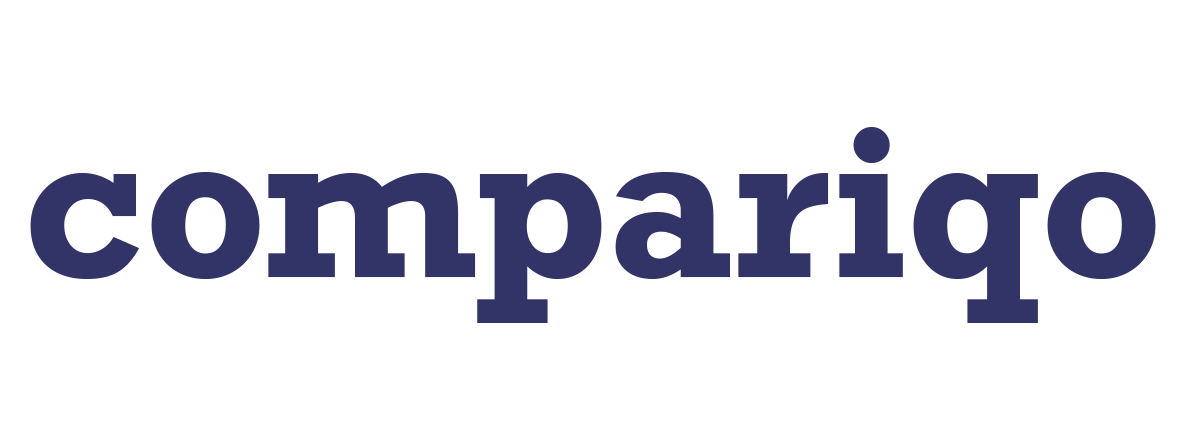UK firm Bovis Homes has reinitiated the discussion of purchasing Galliford Try housing business after raising the potential bid to around £1 billion.
There has been an agreement between the companies for a basic transaction which would relatively double the numbers of homes built by Bovis which would evidently prove to be beneficial for the affordable housing associations.
If the deal goes ahead, Bovis would be seeing a total of 10,000 homes being built on the year. This is an increase on the 4,000 prospected number for 2019. Areas such as Yorkshire and Bristol would see an influx of new sites and housing growth, as the firms plan to continue with the management and activity of the Bovis and Galliford’ Linden Home Brands.
This deal should see Bovis pay £675 million in shares to Galliford Try due to their agreed closing share price, in addition to the £300 million in cash which has recently been added to the agreement. Additionally, £100 million of Galliford’s debt and pension scheme would be directed to Bovis, creating a surplus in finance.
The deal should be finalized with the approval of the shareholders by the end of December this year.
With this transition, Galliford Try would regenerate into a construction and infrastructure business which concentrates on larger-scale projects.
In May this year, Bovis proposed another deal to Galliford which valued the business at £1.075 billion. After Galliford rejected this offer, Bovis revisited the prospects and increased the figure by £25 million, in addition to offering a voluminous amount of cash for the Galliford shareholders.
Collating the cash shouldn’t be a challenge for Bovis, as they will sell shares worth 9.99% of its existing capital and any existing funds in addition to raising more debt.
The notorious stand-off between these two firms which arose in 2017 resulted in Bovis hiring Galliford’s Greg Fitzgerald as chief executive following their rejection of an offer from Galliford Try.
After Bovis has seen record-breaking profits in the earlier months of 2019, there has been a turnaround in positions between the two firms.
With the aid of this agreement, there is a chance for Bovis to adopt an established affordable homes framework, which currently holds a pipeline that values at over £1 billion. This expansion works in partnership with housing associations, as while private housing tends to be more dependent on the economic cycle, housing associations are considered as a sturdier option which is essentially no-deal-Brexit-resilient.
Analysts at Jefferies financial firm said: “We see the rationale for the deal as the opportunity to buy inexpensive assets well known by the current CEO, bringing Bovis larger market share, speeding up the development of Bovis’s partnership business as well as the potential for cost savings. However, we believe the market will question the timing of such a large deal at this stage in the cycle given all the political and economic uncertainties.”

